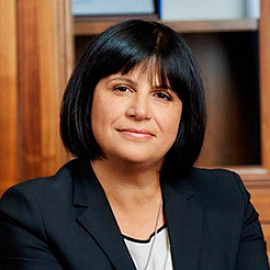Internal Markets, Information Support, Information & Communication Technologies
News on «Internal Markets, Information Support, Information & Communication Technologies»

Display more
Activities
Decisions on «Internal Markets, Information Support, Information & Communication Technologies»
31
03/16/2021 12:00:00 am
Решение Коллегии ЕЭК № 31 О выполнении Российской Федерацией обязательств в рамках функционирования внутреннего рынка Евразийского экономического союза
24
03/01/2021 12:00:00 am
Решение Коллегии ЕЭК № 24 О выполнении Республикой Беларусь обязательств в рамках функционирования внутреннего рынка Евразийского экономического союза
10
02/02/2021 12:00:00 am
Решение Коллегии ЕЭК № 10 Об утверждении Методологии разделения препятствий на внутреннем рынке Евразийского экономического союза на барьеры, изъятия и ограничения и признания барьеров устраненными
157
11/24/2020 12:00:00 am
Решение Коллегии ЕЭК № 157 О выполнении Республикой Беларусь обязательств в рамках функционирования внутреннего рынка Евразийского экономического союза
125
10/13/2020 12:00:00 am
Решение Коллегии ЕЭК № 125 О выполнении Республикой Казахстан обязательств в рамках функционирования внутреннего рынка Евразийского экономического союза














